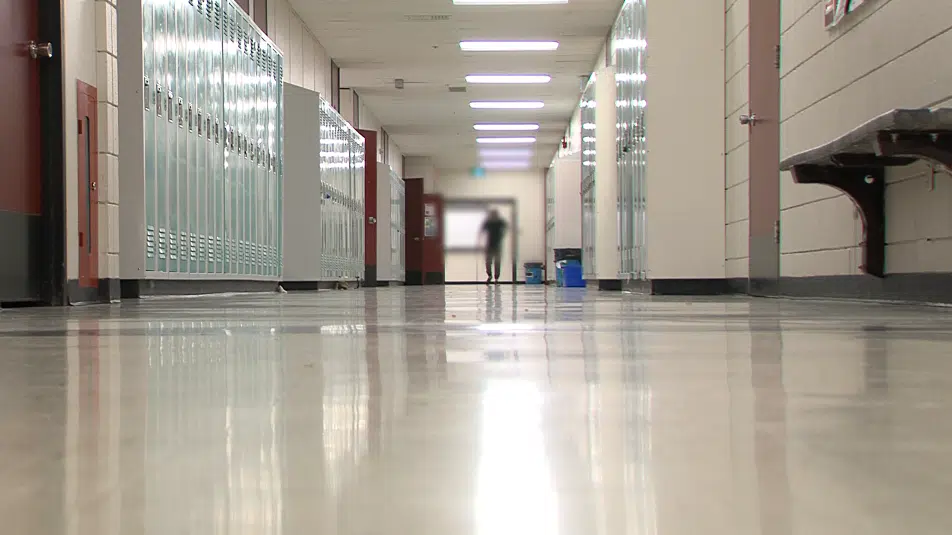
PETERS: Parents should be wary of Fraser Institute’s school ranking system
THE FRASER INSTITUTE’S annual rankings of BC elementary schools was released earlier this month, and Kamloops schools didn’t do so hot.
Nearly 1,000 B.C. schools are rated by the right wing think tank, both public and private.
St. Ann’s was the first rated Kamloops school at 106, while Pacific Way was the top rated local school in the public district at 143.


